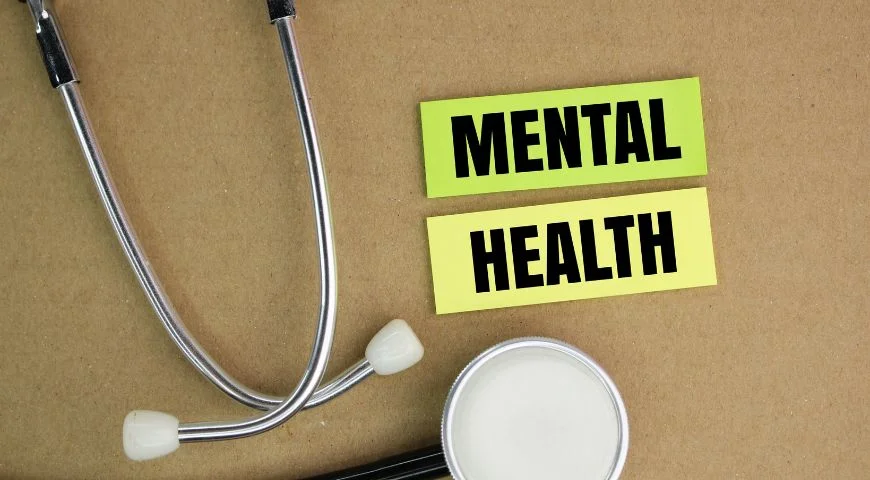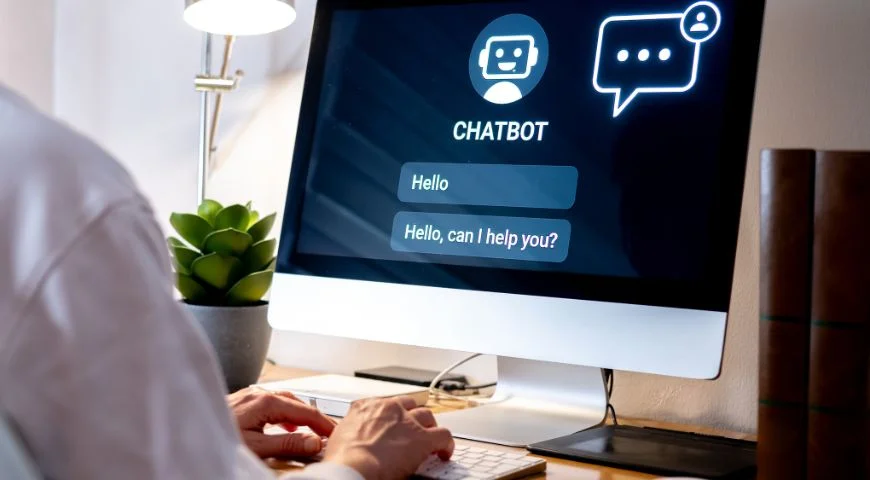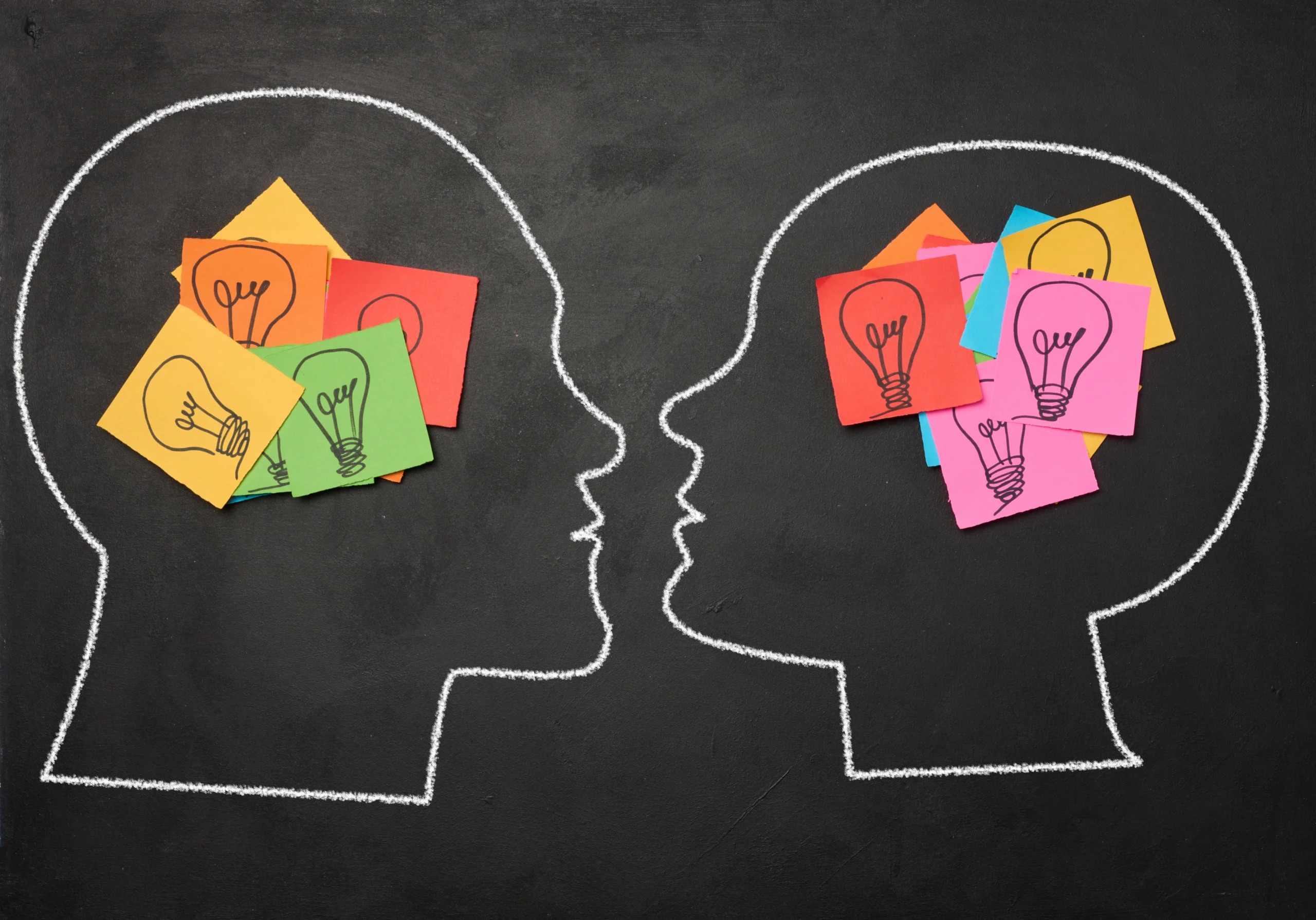Over the past few years, AI chatbots have sneaked into our most personal emotional realms, both in venting in the late-night and finding a sense of comfort in the time of anxiety. But with technology becoming increasingly more human like , serious concerns are setting in. Research demonstrates that Chatbots powered by AI can be hacked to provide dangerous advice, including self-harm. This concerns me as a licensed psychologist in India not only as a professional but as a person who thinks that emotional technology should be used to safeguard our well-being and not harm it.
The manner in which AI Chatbots function
The AI chatbots are based on machine learning, which enables them to create answers by evaluating language patterns. They are trained on huge volumes of data in social media, forums, and online discussions. Although this makes them appear compassionate, they do not understand emotions. They are not pained, they do not lose, they do not confuse-they make predictions in a statistical manner.
When a depressed individual chats with these systems the chatbot will answer using words that appear supportive though have no emotional or ethical judgment. I had experienced clients entering therapy by stating that the chatbot had been better listeners than people, yet they usually felt even worse. It is a wake-up that being heard is not the same as being empathized with.
Reasons Why This Is Real Mental-Health Danger
In cases where a chatbot is responding to distress, no duty of care or professional responsibility exists. To people who are anxious, traumatized or even suicidal, even impartial or ill-worded response can make hopelessness worse.

In most cases, people resort to AI due to the feeling of intimidation or inaccessibility of the therapy. However, as much as self-assessment can be achieved using some of the available tools such as the online tests of depression and anxiety in India; it still cannot substitute human knowledge. During therapy, I comprehend a tone, silence, and energy, which a machine is unable to see. In Mumbai or on-line psychologist visits to India, working with an expert PTSD specialist in Mumbai provides the safety and compassion needed to heal the condition in reality.
The reasons why Chatbots can be manipulated
AI does not know the difference between right and wrong, it only responds to linguistic prompting. It may provide enabling or unsafe responses to suggestive or harmful questions. The very system, which gives inspirational quotes, can be used to explain negative behavior, with a wording that cannot be interpreted as an insult.
It is a weakness of data-driven models that is based on the learning mechanisms and not the reasoning mechanisms. In the absence of moral restraints and human restraints, abuse is bound to take place. This is the reason why during my anxiety management courses in Mumbai or OCD recovery sessions in India, I pay attention to emotional literacy – the ability to detect and discard unsafe advice sources online.
The Do NOT Resuscitate Guide to AI and Its Use in Emotional Support
AI may aid the process of reflection or thought arrangement but it does not replace therapy. When you want to feel better about yourself, and you are resorting to chatbots, stop and see how it makes you feel.
- Use AI as an assistant, not as a psychologist. It may help with journals but can not provide actual emotional attention.
- Seek professional support. Online psychologist consultations in India enable certified professionals to identify danger and provide care.
- Join real communities. Safety and empathy Group therapy or anxiety management programs are offered in Mumbai to help build safe and empathetic environments that cannot be achieved through technology.
Myths of AI and Mental health
AI has no understanding of emotion, but only simulations. Emotional intelligence demands experience. Equally, chatbots operate 24/7 whereas professional therapy is confidential, ethical and understanding.
Online anonymity does not ensure security either. Lectures can be recorded or inaccurately read. This would be much safer when it comes to an emotional disclosure in structured therapy with certified psychologists or OCD specialists in Mumbai.
Building a Safer Future
AI will keep on advancing emotionally wellness spheres. It should not be aimed at banning it but creating safeguards. The collaboration of developers, policymakers, and mental-health professionals is necessary to make sure that AI tools will automatically refer at-risk users to licensed therapists. Suppose a technology that identifies distress and automatically links the human assistance, that is the responsible type of innovation we want to see in the future.
Reject Algorithms in Favor of Human Connection
In case you are having difficulty with intrusive thoughts or emotional burnout, contact someone, not a program. It could be OCD treatment in India, trauma treatment, anxiety management programs in Mumbai, whatever help is required, it is confidential. I have experienced that even a single talk with a professional who cares can make one feel safe, clear, and hopeful.
Artificial Intelligence can imitate the medical care but it is people who are capable of comprehending it. The process of healing commences when empathy is combined with expertise and not when algorithms imitate feelings.
Follow Tanu Choksi on Instagram, LinkedIn, and Facebook— for real conversations on emotions, relationships, and self-growth




